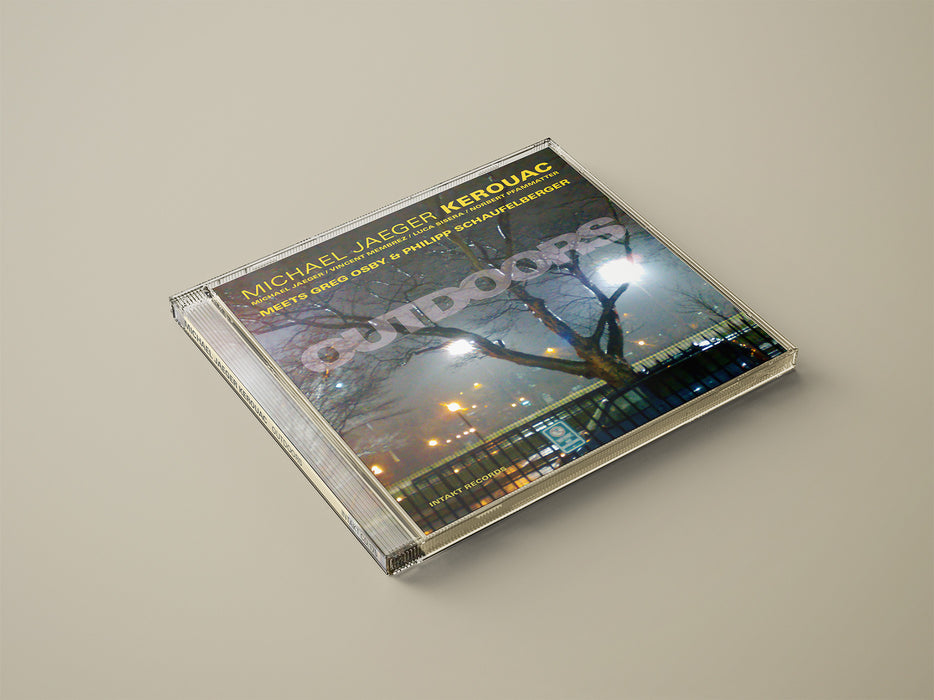
175: MICHAEL JAEGER KEROUAC MEETS GREG OSBY & PHILIPP SCHAUFELBERGER. Outdoors
Intakt Recording #175/ 2010
Recorded June 14, 15, 16, 2009 by Schweizer Radio DRS, Radiostudio Zürich.
Original price
CHF 13.00
-
Original price
CHF 30.00
Original price
CHF 30.00
CHF 13.00
-
CHF 30.00
Current price
CHF 30.00
More Info
Album Credits


